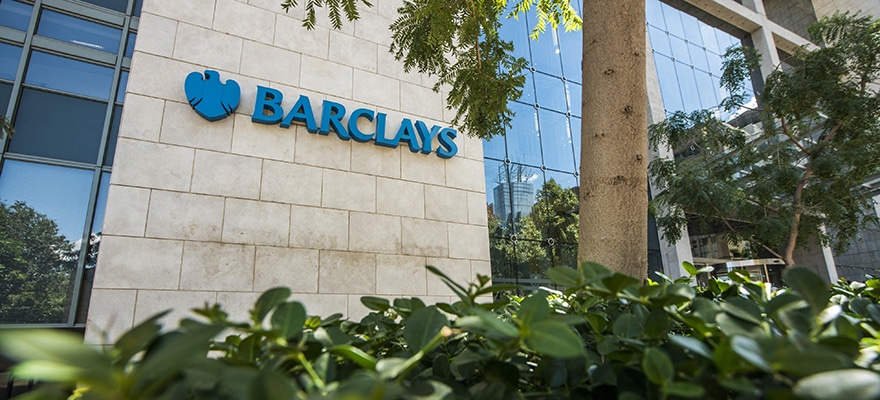Barclays announced this week the start of a cooperation with Circle, a digital currency company, offering the Circle social payment application. Consequently, Barclays has become the first major UK financial institution to support the bitcoin Blockchain startup.
The start-up, which hails from Boston, has managed to collect $76 million of funding through venture capital. Among the investors who have decided to support Circle, one can find Digital Currency Group and Goldman Sachs. With a license granted by the FCA, the start-up will be able to hold clients’ funds and implement Payments both locally and abroad.
Unlike traditional money payments, Circle offers its users the opportunity to supplement the transfer not only with text messages, but also with animated short films and emojis. Following in the footsteps of AliPay and WeChat Pay, which are extremely popular in China, the company does not charge any additional fees for services conducted.
The premiere of the Circle app took place last year in the US. It allows the relocation of funds in dollars (USD) and pounds (GBP), which according to the founders – Jeremy Allaire and Sean Neville – are available at better rates than in the case of other payment providers.
In the near future Circle plans to implement deposits in euros (EUR) – this opportunity should appear when the start-up debuts in other parts of the old continent in 2016. When clients send their money to countries in which the app is not yet available, funds are transferred to Bitcoins (BTCs) and then sent through the blockchain network. On the other side of the transaction, BTCs are re-converted into the currency of the relevant country.
The role of Barclays is based on providing the accounts that are used by Circle to store clients’ dollars and pounds and also the necessary infrastructure to transfer money from individual British banks.
As reported by the UK’s Economic Secretary to the Treasury, Harriet Baldwin, in a recent official statement on the cooperation: "Circle's decision to launch in the UK, and the firm's new partnership with Barclays, are major milestones. They prove our decision to introduce the most progressive, forward-looking regulatory regime is paying off and cements our status as the world's FinTech capital.”
Although banks and financial institutions are increasingly interested in blockchain technology, they have so far tried to avoid any links to companies involved in the Bitcoin industry. This is mainly due to the fear of illegal online activities and associations with the dark web. The beginning of the cooperation between Barclays and Circle is thus the first and very important step to changing this approach.


















